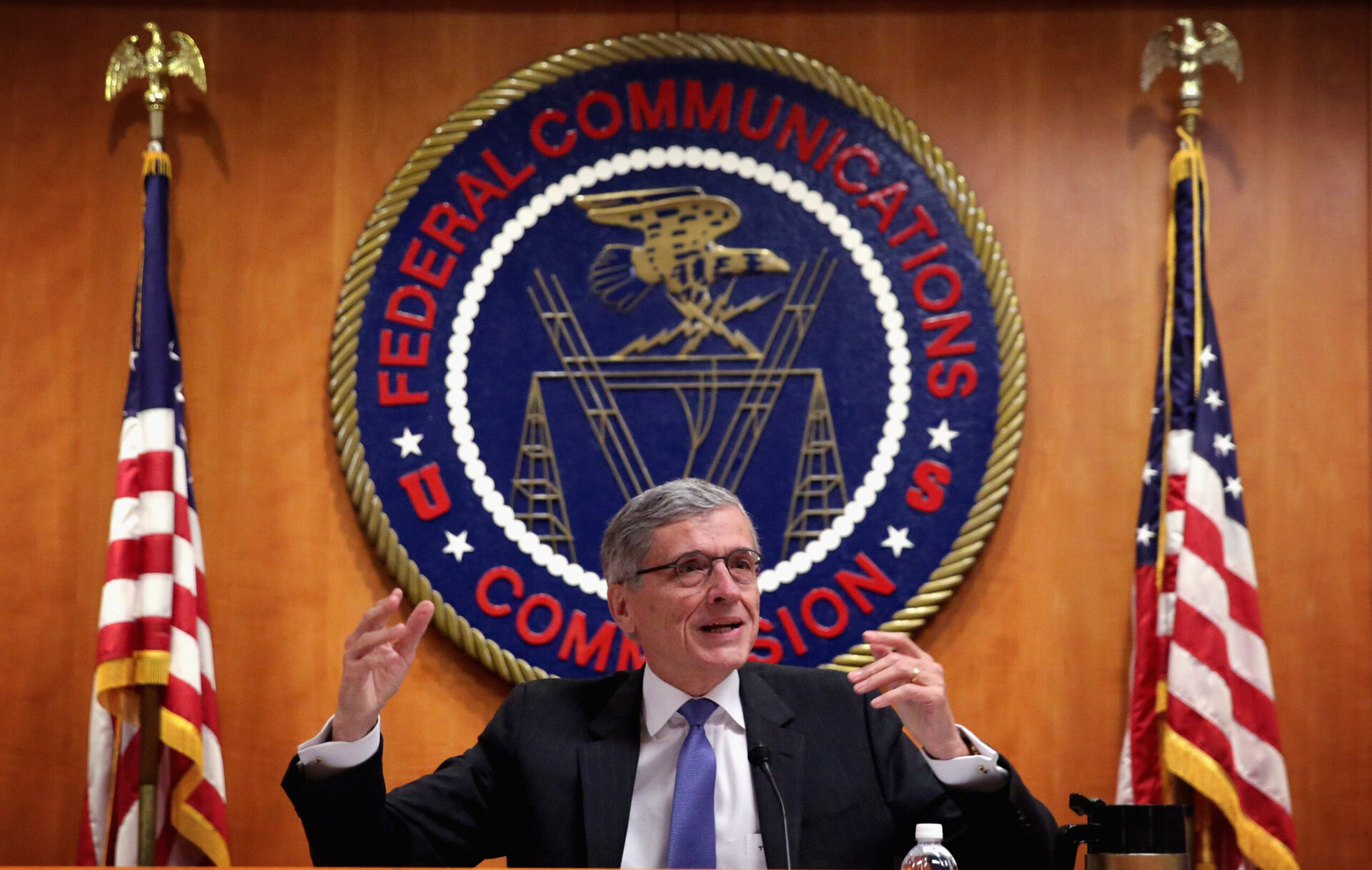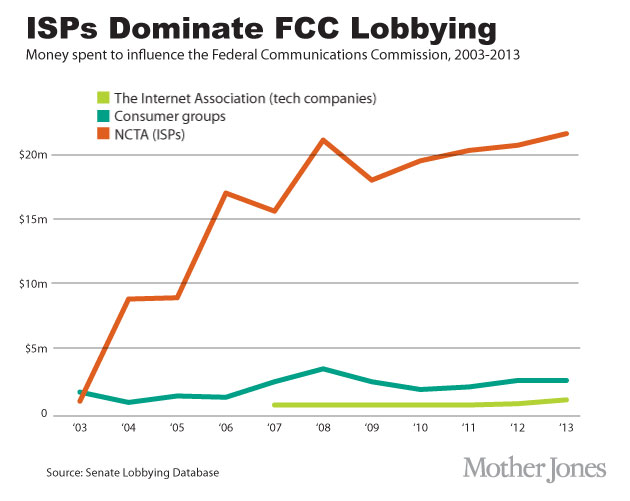Affiliate links on Android Authority may earn us a commission. Learn more.
The FCC will reportedly classify ISP's under Title II
Published onFebruary 3, 2015

According to the Wall Street Journal, the Federal Communications Commission (FCC) will propose to regulate Internet Service Providers (ISP) as a public utility under the classification of Title II. This classification would give the FCC the actual power to punish ISP’s if they tried putting forward corporate-friendly “fast lanes.” At the moment, the FCC’s power is minimal at best.
The proposal is expected to be introduced by the FCC on Thursday. Following the introduction, the FCC is expected to hold a vote at an open meeting on February 26 where a majority of the FCC’s five commissioners must approve the rules for them to take effect.
In October of last year, it looked like Chairman Wheeler would stay away from Title II classification and would instead push forward a complicated hybrid plan that tried (and would have failed) to satisfy either net neutrality side. But since that time, President Obama has pushed Wheeler to classify ISP’s under Title II.
It should be noted that even if ISP’s are classified under Title II, the FCC would not automatically ban paid-peering deals. The FCC would simply have the power to review such deals on a case-by-case basis.

As I have written about previously, broadband officials have indicated that they will sue the FCC if they classify the ISP’s under Title II. According to broadband lobbyists and corporations, Title II classification would slow down investment in upgrading networks. Apparently, the lobbyists want us to forget that Verizon’s CFO has admitted that no such slowdown would occur under Title II while wireless carriers just spent close to $45 billion in the latest spectrum auction, a new record.
At the end of the day, consumers want their internet given to them without absurd and arbitrary restrictions. Consumers are even willing to overpay to have such freedom on the internet.